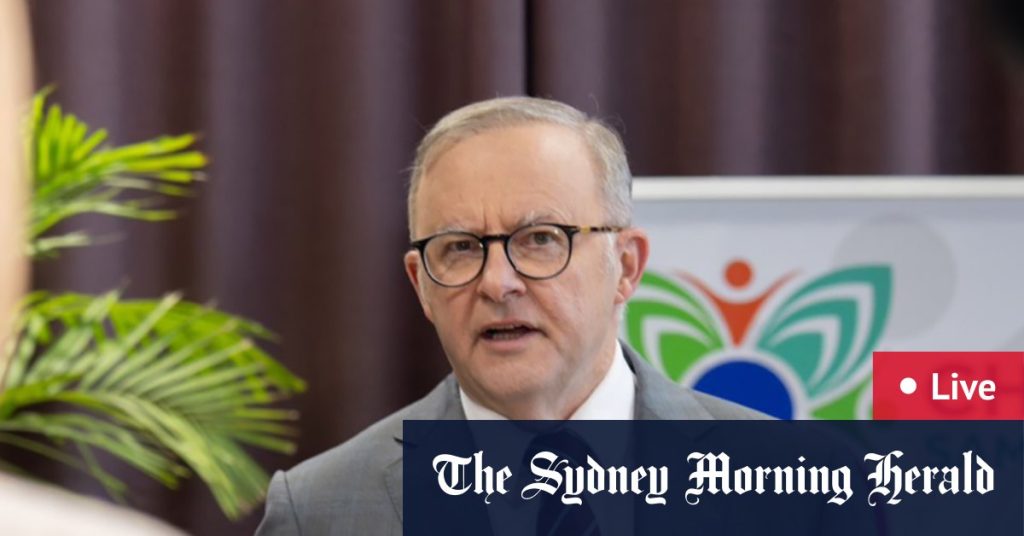Politicians from both sides of politics in Australia have praised the country as a successful multicultural nation while pushing back against accusations of human rights hypocrisy from China. After Australia’s ambassador to the United Nations led an international effort to condemn China’s rights violations in Xinjiang and Tibet, Chinese spokespeople retaliated by pointing out Australia’s alleged history of “systematic racial discrimination and hate crimes.” Education Minister Jason Clare and deputy Liberal leader Sussan Ley defended Australia’s multiculturalism, with Clare calling it the best in the world, although acknowledging that no country is perfect. Ley dismissed the Chinese Communist Party’s comments as disrespectful and factually incorrect, emphasizing that Australia’s record on human rights is not comparable to China’s.
Ley highlighted that China’s remarks may be a sign of sensitivity about something, insisting that Australia values its Chinese-Australian community and that there is no equivalence between the two countries when it comes to human rights. She asserted that Australia is the most successful multicultural nation globally and expressed confidence in the strong relationship between Australia and China under the current government, despite differences of opinion. Clare also noted improvements in the Australia-China relationship, citing increased communication and lifting of trade sanctions, but emphasized that disagreements may still exist between the two countries.
Overall, Australian politicians rejected China’s accusations of human rights hypocrisy, defending the country’s multiculturalism and record on human rights. They highlighted Australia’s positive relationship with China under the current government, acknowledging improvements in communication and trade relations. The comments from Chinese spokespeople were characterized as disrespectful and factually incorrect, with Australian politicians emphasizing the differences between the two countries’ human rights records. Despite acknowledging that Australia is not perfect, Clare and Ley reaffirmed their support for multiculturalism and asserted that Australia’s success in this area sets it apart from China.
The positive portrayal of Australia as a successful multicultural nation was a common theme in the responses from politicians, with both Clare and Ley praising the country’s diversity and inclusivity. They emphasized the importance of valuing and cherishing the Chinese-Australian community, while also acknowledging the need for continuous improvement in addressing human rights issues. The comparison between Australia’s record on human rights and China’s actions in Xinjiang and Tibet was highlighted to underscore the stark differences between the two countries. Overall, the comments from Australian politicians reflected a strong defense of Australia’s multiculturalism and human rights record in response to China’s accusations.













